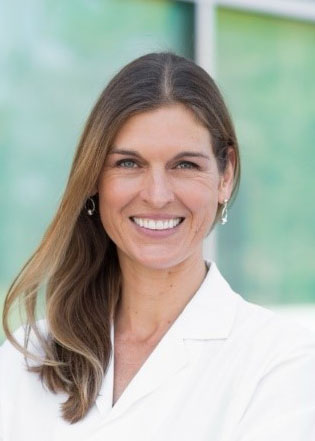
Dr. Liesl Nel-Themaat has been in the field of assisted reproduction for more than 20 years, with the past 11 years in clinical IVF. She possesses a unique combination of a strong academic background, broad technical experience and extensive leadership, and management training. Through a multi-dimensional approach, she has helped to improve patient care and outcomes in Assisted Reproductive Technology (ART).
Dr. Nel-Themaat currently is the IVF Lab Director and Associate Clinical Professor at the Stanford University Fertility and Reproductive Health program and the Embryology Lab Director for IVF Phoenix. She was formerly the Regional Lab Director for Shady Grove Fertility in Colorado as well as the former IVF Lab Director at University of Colorado Advanced Reproductive Medicine. She received her Bachelor of Science degree from Stellenbosch University (South Africa), her PhD in Reproductive Physiology from Louisiana State University, (making her one of Bob Godke’s “Repro Rangers”) and an Executive MBA from the University of Denver.
Dr. Nel-Themaat has and continues to serve on several national and international boards and committees. These include having served as President of the ASRM Society for Reproductive Biologists and Technologists (SRBT), founder and current chair of the SRBT global Outreach Committee, co-founder and first president of the Colorado Association of Reproductive Technologists (CART), a founding member of the International IVF Initiative (i3), former Board member of the College of Reproductive Biology (CRB) and is known for starting World Embryologist Day. Dr. Nel-Themaat is an active member of ASRM, SRBT, SMRU, AAB, ABB, CRB and has a distinguished record of publications.
Her goal is to advance the field “by building strong, high performing lab teams, by carefully evaluating and adapting appropriately to industry trends, by training and educating the current and next generations, and by participating in collaborative research that enhances our understanding of reproduction.”
In her free time, Dr. Nel-Themaat loves to spend time with her husband and two children, preferably in nature.
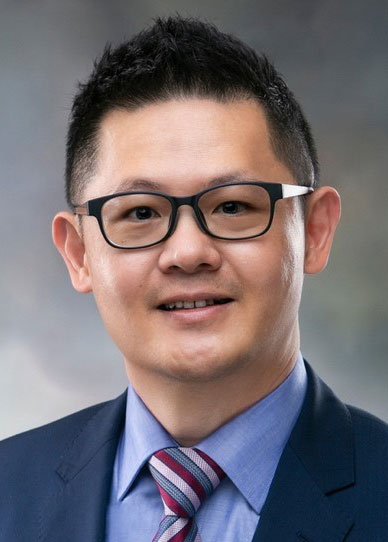
Dr. T. Arthur Chang, PhD, HCLD, ELD, CC, is Professor of OB/GYN at the University of Texas Health Science Center, San Antonio, Texas, and Director of Clinical ART Laboratories at UT Health Reproductive Health & Fertility Center and US DoD’s Brooke Army Medical Center IVF Lab. Prof. Chang received his bachelor’s degree in Animal Science from National Taiwan University, Taiwan, MS and PhD in Endocrinology and Reproductive Physiology from the University of Wisconsin-Madison, USA. He is board certified as High-complexity Clinical Laboratory Director (HCLD), Embryology Laboratory Director (ELD), and Clinical Consultant (CC) by the American Board of Bioanalysis (ABB).
Prof. Chang’s clinical and research interests include IVF, embryology, implantation, 3D and extended embryo culture, artificial embryo, PGT, ART laboratory management and business models, as well as nonhuman primate model for reproductive medicine. He has served on numerous leadership and committee positions worldwide, including American Society for Reproductive Medicine (ASRM: Board, committee chair), Society for Assisted Reproductive Technology (SART: Board, committee chairs), Society of Reproductive Biologists and Technologists (SRBT: President, Board, committee chairs), American Association of Bioanalysts - College of Reproductive Biology (AAB-CRB: President, Board, committee chairs), Asia Pacific Initiative on Reproduction (ASPIRE: Board, committee and SIG co-chairs), Taiwanese Society for Reproductive Medicine (TSRM), and Society for the Study of Reproduction (SSR). He is associate editor for Journal of Assisted Reproduction & Genetics (JARG), section editor for Reproductive Biology & Endocrinology (RB&E), accreditation inspection team leader for College of American Pathologists (CAP), off-site director for ART and CLIA laboratories, and consultant to governments and the industry. He has received ASRM Service Milestone Award and 7 times ASRM Star Award for his research and professional service contributions.
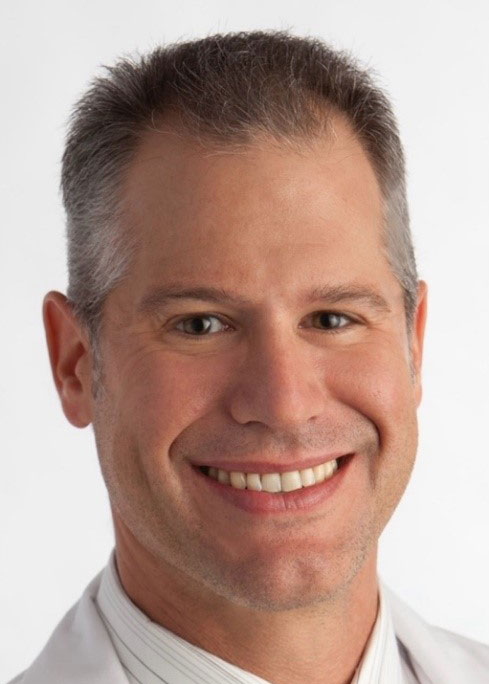
Dr. Gerry Celia grew up in Rhode Island on a small horse farm raising and breeding Morgan horses in the 1980s. This passion leads him to pursue a bachelor’s degree in animal science with a focus on reproductive physiology from the University of Connecticut (Class of ’94). During this time his interests expanded beyond equine reproduction and he was accepted as an intern at the San Diego Zoo’s Center for Reproduction of Endangered Species where he worked on rojects ranging from cryopreservation of Arabian Oryx sperm to the White Rhinocerous breeding program. This experience solidified Gerry’s desire to pursue a PhD, leading him to move to Ithaca, New York where he began taking graduate classes in the Animal Science department at Cornell University while working for Genex – a live stock breeding cooperative. While at Cornell Gerry became acquainted with Dr. George Osol, chair of the research division at the University of Vermont College of Medicine department of Ob/Gyn. Dr. Osol was an animal scientist who had shifted his focus to human reproduction and offered Gerry a full graduate fellowship to study at UVM. Gerry was awarded his PhD in 2004 in molecular physiology and biophysics for his work on placentation and maternal adaptation to pregnancy. He followed this with a post-doc in the Department of Ob/Gyn where he became interested in assisted human reproduction, leading him to leave academia for a career in embryology. Gerry is a board-certified Technical Supervisor (ABB), High Complexity Laboratory Director (ABB), and Clinical Consultant (ABB). He has served as the president of both the College of Reproductive Biology (CRB) and the Society for Reproductive Biologists and Technologists (SRBT), and as a board member of the American Society of Reproductive Medicine and SRBT, although he is perhaps most well-known for founding the Maverick Reproductive Biologists Facebook group.
Most recently Gerry completed his MBA from the College of William and Mary (class of ’23) and serves as the Laboratory Director for the ART programs at Virginia Commonwealth University (VCUHealth) and Brown University in RI (Women and Infants Hospital), and as Executive Laboratory Director for Pacific Fertility Center of Los Angeles. He owns a consulting company - Celia Laboratory Solutions - and is a scientific advisor for Fairtility A.I. and a lecturer for Vitrolife. He currently resides in coastal Virginia with his wife and young son where they continue to raise horses and enjoy life by the ocean.
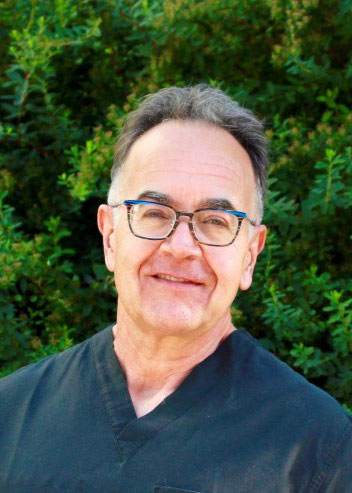
Dr. Klaus Wiemer PhD, HCLD received his master’s degree at New Mexico State in Reproductive Physiology and a PhD from Louisiana State University in Reproductive Physiology with and emphasis in embryology.
Dr. Wiemer has extensive experience in many aspects of human clinical embryology as well as infertility practice management and development. Dr Wiemer has over 35 years of experience directing IVF Laboratories and has been an off-site director of several fertility clinics. Dr Wiemer has published over 80 peer-reviewed articles and book chapters in a wide range of topics in clinical embryology. He has received numerous awards for his research, including the Overall Grand Prize awarded by the American Society for Reproductive Medicine as well as LIFE Award for Laboratory Innovation in Fertility and Embryology.
His main interests are in embryo culture systems, improving laboratory outcomes and studying the effects of follicular stimulation on subsequent oocyte and embryo quality. He is currently conducting research on developing an embryo morphology grading system that can be used to predict ploidy, as well as rate and quality of blastocyst development. He was a founding partner of Northwest Center for Reproductive Science as well as Poma Fertility in the Seattle metroplex. He now consults with various IVF centers nationally and internationally as well as related industries. He presently serves as the Corporate Lab Director for Global Premier Fertility based out of Southern California. He is also Head of Clinical Affairs for Fairtility, Inc. An AI company that has developed predictive algorithms in a wide range of embryology. Dr. Wiemer has also established two IVF centers that had some of the highest success rates in the Seattle metropolitan area and the United States. He has also assisted in the establishment of IVF centers in other major markets that have been successful both clinically as well as financially.
Dr. Wiemer is well-versed in troubleshooting centers and labs and is experienced in experimental design in clinical embryology and directing experimental trials with industry leaders. IVF Centers directed by Dr. Wiemer have all seen major improvements in oocyte quality, embryo development, improvements in blastocyst conversion rates, and improvements in efficiencies. He maintains an excellent reputation in the national and international community with extensive experience working in Latin America and is well-connected with related industries and leaders.
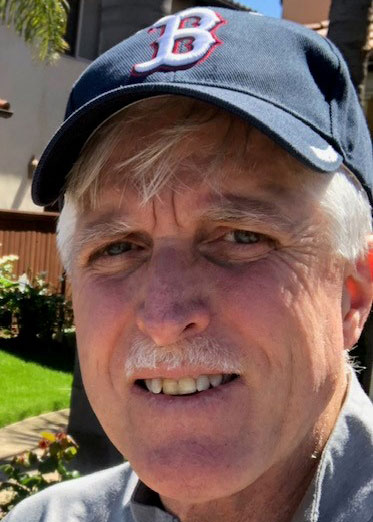
Dr. Mitchel C. Schiewe attained his BS and MS degrees studying Animal Science/Reproductive Physiology at University at California-Davis and Louisiana State University in the early 1980’s, subsequently attaining his PhD in Human Physiology at USUHS. He was a Research Fellow at the Smithsonian Institution’s National Zoo and the NIH during his doctoral program. As a graduate student, he competed in the IETS Student Research competition twice (1983 runner-up, 1984-1st place) and co-authored two additional studies winning 1st place acknowledgement in 1985 & 1987. He remained active in the IETS until 1995 as a member of the esteemed Import-Export Committee, Education committee Chair and IETS Foundation Chair. Upon completing an NSF Associateship post-doc at NIH studying Blastocyst Reconstruction modelling, he entered the world of Human IVF in 1992 as an Assistant Professor at UC-Irvine. As a High Complexity Lab Director since 1995, he has continued developing and applying Assisted Reproductive Technologies, including various novel procedures & publications. As a perennial ASRM Star Award recipient, he continues to strive to improve and simplify applied ARTs which optimize clinical outcomes and universal vitrification practices. Mitch was among the first scientists to study embryo-laser ablation and successfully apply ICSI into clinical practice in 1993 in California/Mexico, then subsequently using fresh and frozen epididymal and testicular sperm in Rome, Italy in 1994/1995. Additionally, he has been of professional service to ASRM, organizing 4 Pre-Congress courses, creating Cryobiology/Vitrification CME courses, and he was a 2-time Chairman of the past Reproductive Biologists Professional Group (RBPG) before aligning them with the Reproductive Lab Technologists PG to form the current Society for Reproductive Biologists & Technologists (SRBT). Mitch currently serves as the Research committee Chairman of the SRBT.
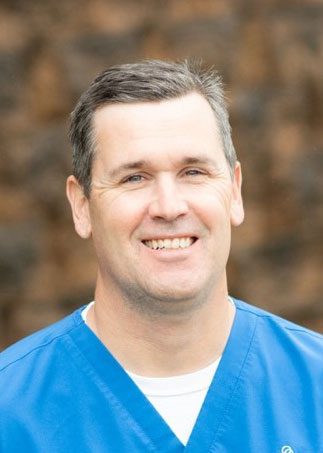
Dr. Scott Purcell, PhD, HCLD is the Laboratory Director at Virginia Fertility & IVF in Charlottesville, VA, and has served as an off-site Laboratory Director at both academic and private clinics. He received his undergraduate and MS degrees in the Animal Sciences Department at Virginia Tech and his Ph.D. in Reproductive Biology from the Biomedical Sciences Department at Colorado State University. He then completed a postdoctoral fellowship in the Ob/Gyn Department at Washington University in St. Louis. He is board-certified as a High-complexity Clinical Laboratory Director (HCLD) and as a Technical Supervisor (TS) in Andrology and Embryology.
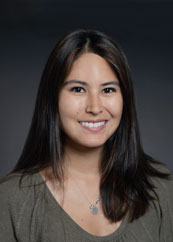
Tawny Scanlan holds a Ph.D. in Animal Biology from the University of California, Davis, with a focus on Sustainable Aquaculture.
She currently serves as an FTW Ventures Associate, with the mission to support leading founders, advise global corporations, and deploy capital from high-quality investors to make meaningful change for profit, people & planet. Tawny’s work focuses on Life Science investment opportunities for Food & Agriculture.
Tawny originally joined FTW through the IIFH Fellowship program at the University of California, Davis, where she worked for FTW while completing her PhD. She now conducts research, outreach, and diligence for the FTW Ventures Life Sciences initiatives as well as maintains the extensive FTW Ventures Deal Database. Tawny's academic formation and work have allowed her to gain extensive experience in the entrepreneurial field, combining science and business.
Members login to view webinar